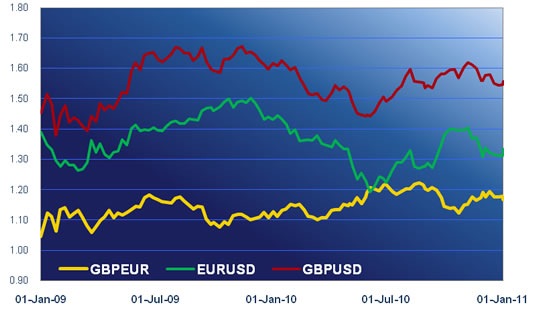– Weak Australian employment number
– BoE and ECB policy decisions today
Good morning. The Daily Mail’s shock revelation this morning is that somebody with three mobile telephones will be paying more than £1,000 a year for them, following the increase in VAT. It would cost anyone with six mobile phones over £2,000. That means a staggering £25,000 annual bill for a huge family with a ridiculous number of phones. It makes you wonder where people find the money.
Portugal had no problem finding it yesterday. In return for a 5.396% rate of interest investors were happy to lend the country €650 million for three years. For a slightly higher 6.716% they coughed up another €599 million that they would not see again until 2020. The rates sound high but they were not as high as many had feared. Portuguese banks will inevitably have bought some of the issue, and their holdings may well find their way onto the European Central Bank’s balance sheet in due course, but 80% of the buying was allegedly on behalf of foreign investors and there were bids for more than double the amount of stock on offer. It was an expensive auction for Portugal and did not provide a guarantee of success at next month’s long-term offering. However, it was far from the failure that some had feared.
Investors failed to become excited by the event. They believe it will have provided a breathing space for the Lisbon government but are not yet convinced that Portugal can avoid an eventual rescue by the EU and the IMF. There was a modest relief rally for the euro, which strengthened gently against almost everything. Curiously, sterling went along for the ride, spending a third day within the half-cent range that has contained it since Friday afternoon. The pound managed to avoid damage from news of another record monthly trade deficit and shared honours with the euro as the day’s best performer.
Euro zone industrial production (up 1.2% in November) and the Canadian new housing price index (up 0.3%) were the only relevant ecostats during the London day and they had minimal impact. More significant were the Australian employment data, particularly the figure for employment change in December. After unusually strong jobs growth of 54.6k in November the predicted 25k would have been anticlimactic on its own. The number announced this morning was even more of a disappointment at just 2.3k, as near to unchanged as makes no difference. The Aussie dollar had a mad half-hour, strengthening immediately ahead of the announcement and falling by a cent when the news came out. It did not take long to regain its footing though and it opens in London only about quarter of a cent off its pre-announcement levels.
After two days of ecostat inactivity it will be a slightly busier day today. UK industrial and manufacturing production come out at half past nine and after lunch the US releases weekly jobless claims, producer prices and the trade deficit. Canada chips in with its own trade balance at the same time.
The Bank of England announces any changes to monetary policy at midday and 45 minutes later the European Central Bank does likewise. No changes are expected from either central bank but that does not mean no interest on the market’s part.
A no-change decision from the Old Lady ups the ante for the minutes of the meeting, due for publication on 26 January. Will Adam Posen still have voted for another £50 billion of quantitative easing? Will anyone have joined Andrew Sentance in voting for a 25 basis-point rate increase? Do they really care about the 2% inflation target? All are valid questions. A no-change decision from the ECB does no more than pave the way for the president’s speech and press conference three quarters of an hour later. It will be there that any really useful information comes out.
So can the pound keep pace with the euro for a fourth day? It ought not to be able to do so following the euro’s measured success yesterday. What sterling needs today is a rumour that the Bank is considering raising UK interest rates in the near future.






